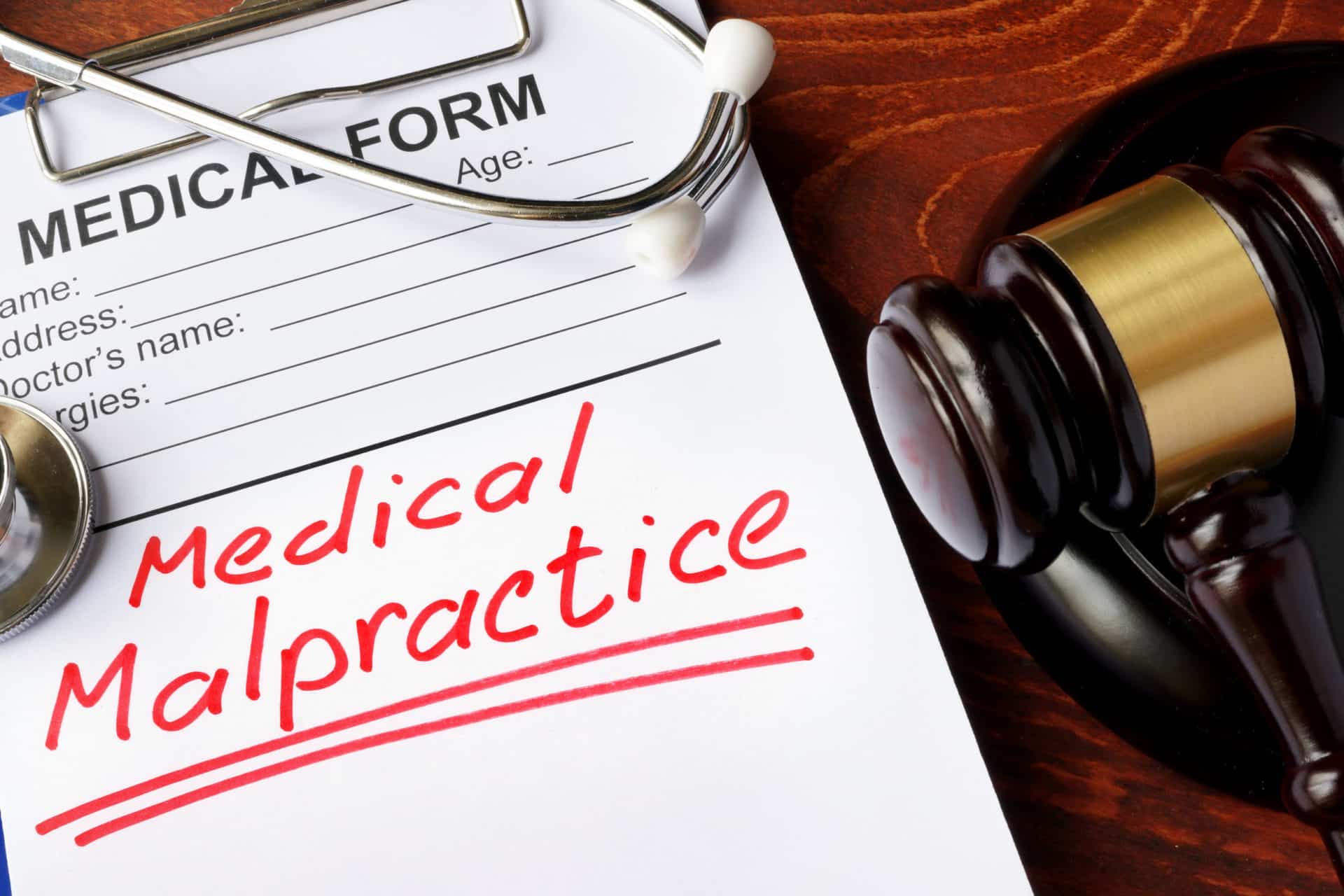
The state of New York has seen some huge medical malpractice suits this year. We began 2019 with a ruling that granted over 255 patients over $140 million in damages.
Later, a New York family filed a wrongful death claim asking for $50 million in damages after their daughter was killed in surgery to remove a cyst.
Most recently, two separate hospital chains were subsequently ordered to pay millions for surgeons performing concurrent surgeries. You may be asking how that is even possible.
These examples of sometimes nearly unbelievable malpractice claims are the reason there are medical malpractice laws in place in this state.
Malpractice lawsuits can provide much-needed justice to victims and their families after botched surgeries, negligent practices, and cases of wrongful death. Take one healthy 27-year-old at the center of a $50 million suit.
Family Seeks Damages After Losing Young Mother
The perfectly healthy mother went in for a simple procedure to remove a cyst on her left thigh. She allegedly went into cardiac arrest on the operating table and died.
Although without being in the closed operating room, it is difficult to say, the family claims that the hospital either gave the woman too much anesthesia or botched the procedure. They are currently seeking $50 million in damages and restitution.
Not all injuries on the operating table are due to a doctor’s negligence or fraud. However, when a perfectly healthy person dies or suffers an injury at the hands of a doctor who could have prevented the incident, the possibility of foul play certainly exists.
What Is Medical Malpractice under New York Law?
Medical malpractice is any incident in which a doctor’s negligence or actions cause a patient to be injured or ill. Sometimes, this illness is just a prolonged illness that occurs when a doctor fails to recognize symptoms. In other cases, a doctor may cause direct injury to a patient.
Are you a victim of medical malpractice? In order to prove your doctor or healthcare provider was responsible, you will first need to develop a solid case. Without the following four elements, you won’t be able to prove that medical malpractice occurred.
Duty to the Patient
This element addresses the relationship between the plaintiff and the defendant. Doctors have a duty of care to their patients just as lawyers who signed a contract have duties to uphold to their clients. Proof of this relationship helps prove the first element of medical malpractice.
Breach of that Duty

Once you have established the standard of care, you have to show that the defendant’s actions breached that duty or standard of care. This may take on many forms, including:
- Failure to recognize or diagnose an illness
- Failure to properly identify or treat an illness or injury
- Surgical errors
- Failure to take or use a patient’s medical history
- Failure to suggest or order tests that could explain symptoms
Direct Causation to Injury
It’s not enough to present a judge with an illness or injury that could have been prevented. In order to win a malpractice case, you will have to show a direct link between the defendant’s breach of duty and your illness or injury.
Actual Damages Resulting from the Injury
Furthermore, in order to win a malpractice suit, plaintiffs will have to show that their injury or illness directly resulted in actual financial damages.
Why do victims of malpractice ask for money in the first place? Medical bills, especially ones that could have been prevented, are expensive. Loss of income from an unnecessary injury can also be a financial burden.
Malpractice suits are designed to compensate these kinds of losses to victims of malpractice. Still, if you can’t prove that medical malpractice occurred, you won’t be able to receive compensation for your injury or illness.
If You Believe These Elements Are Present In Your NY Medical Malpractice Case, Act Now
New York does have limits on how long victims can wait before filing a claim. The statute of limitations for a medical malpractice suit in New York is 30 months.
Victims can file their claim within 30 months of the alleged malpractice or 30 months after treatment involving alleged malpractice ends.

The only exception to this rule occurs if the injury or illness is caused by a foreign object inside the victim. Victims have one year after the discovery of the object to come forward with a lawsuit.
Ultimately, filing a claim and winning a medical malpractice suit cannot be done overnight. If you believe that you are a victim of malpractice and see the four above elements in your case, reach out to a New York personal injury lawyer immediately.









